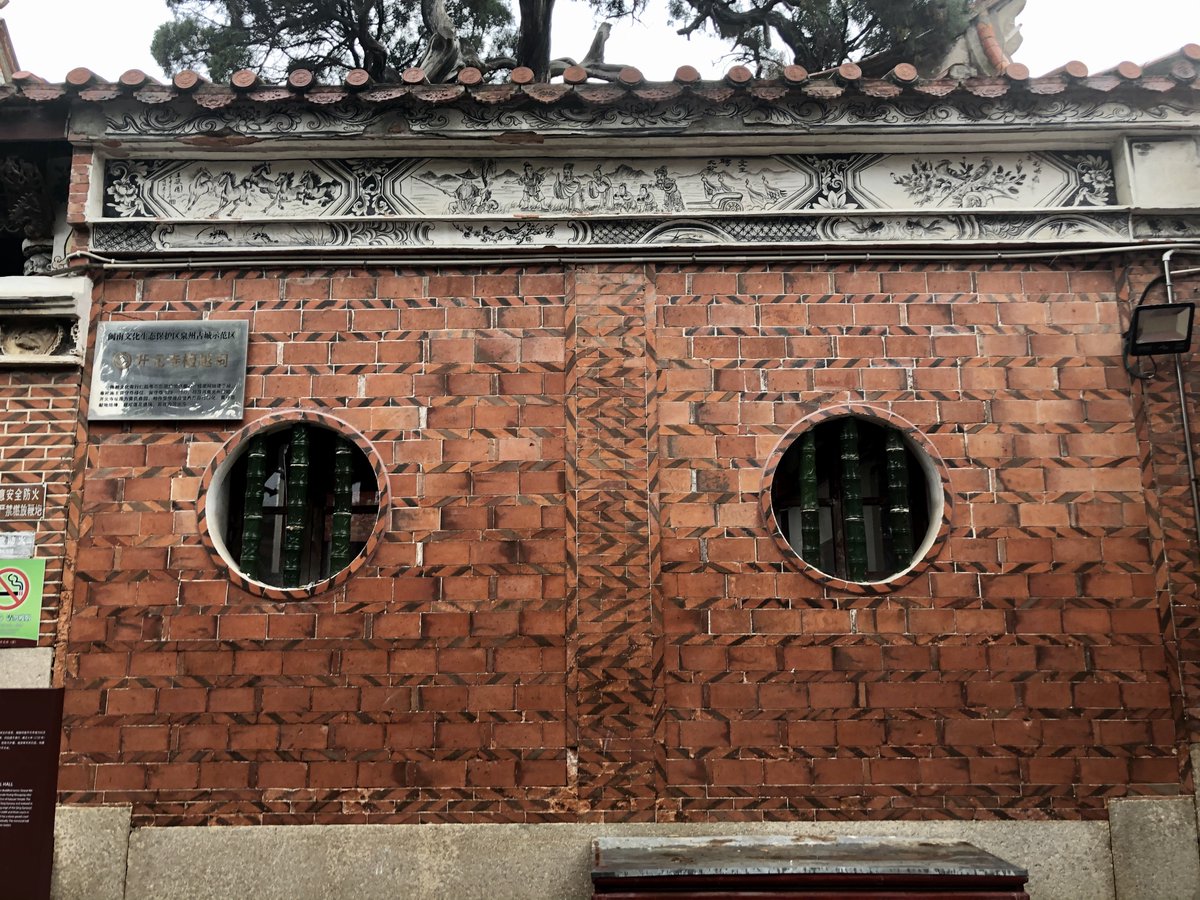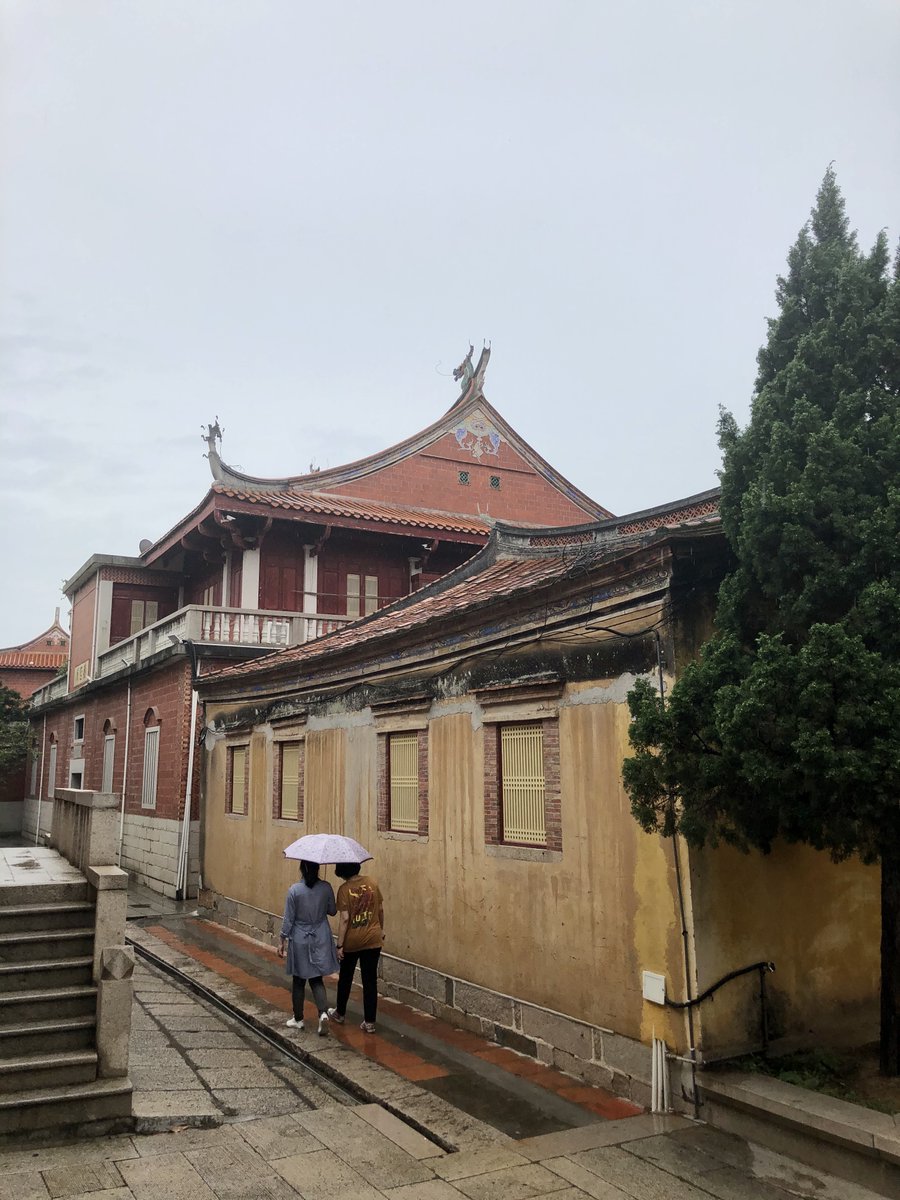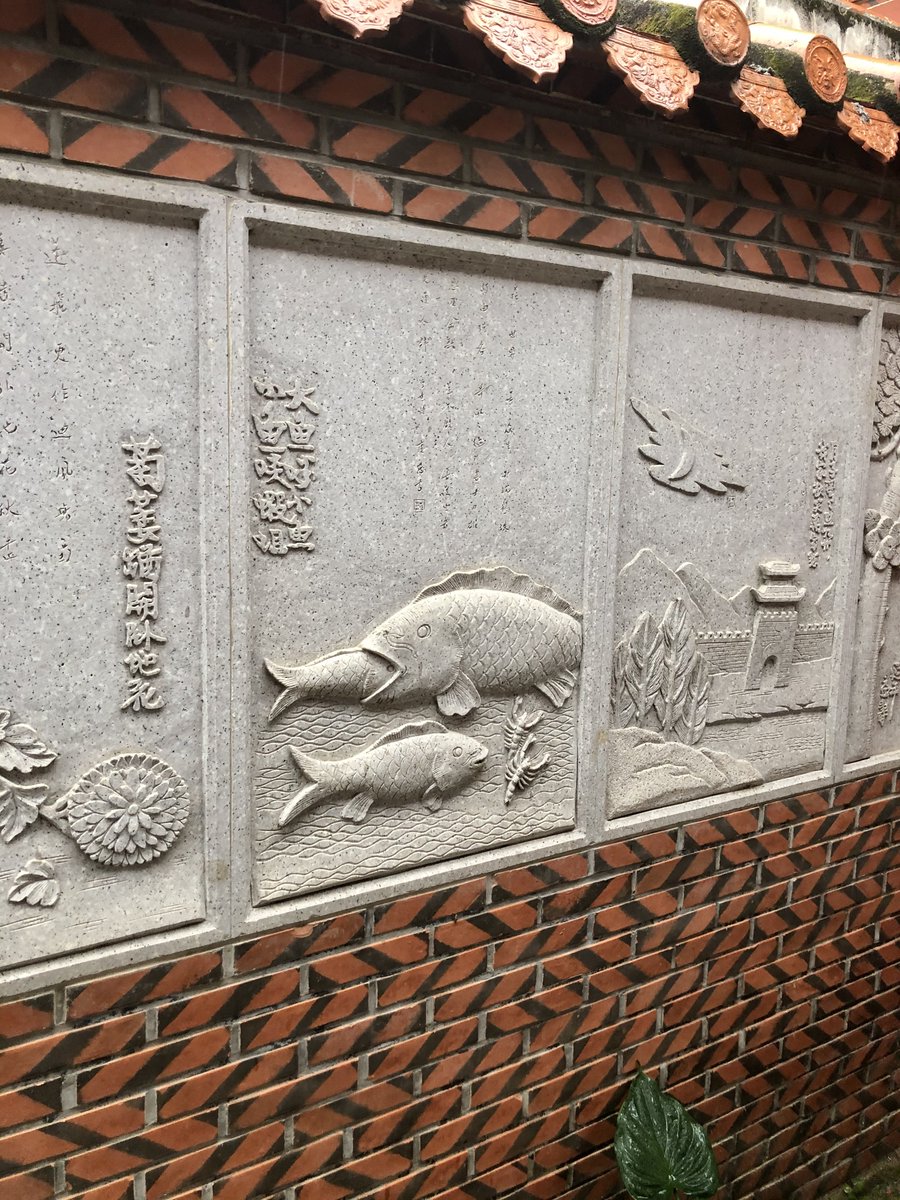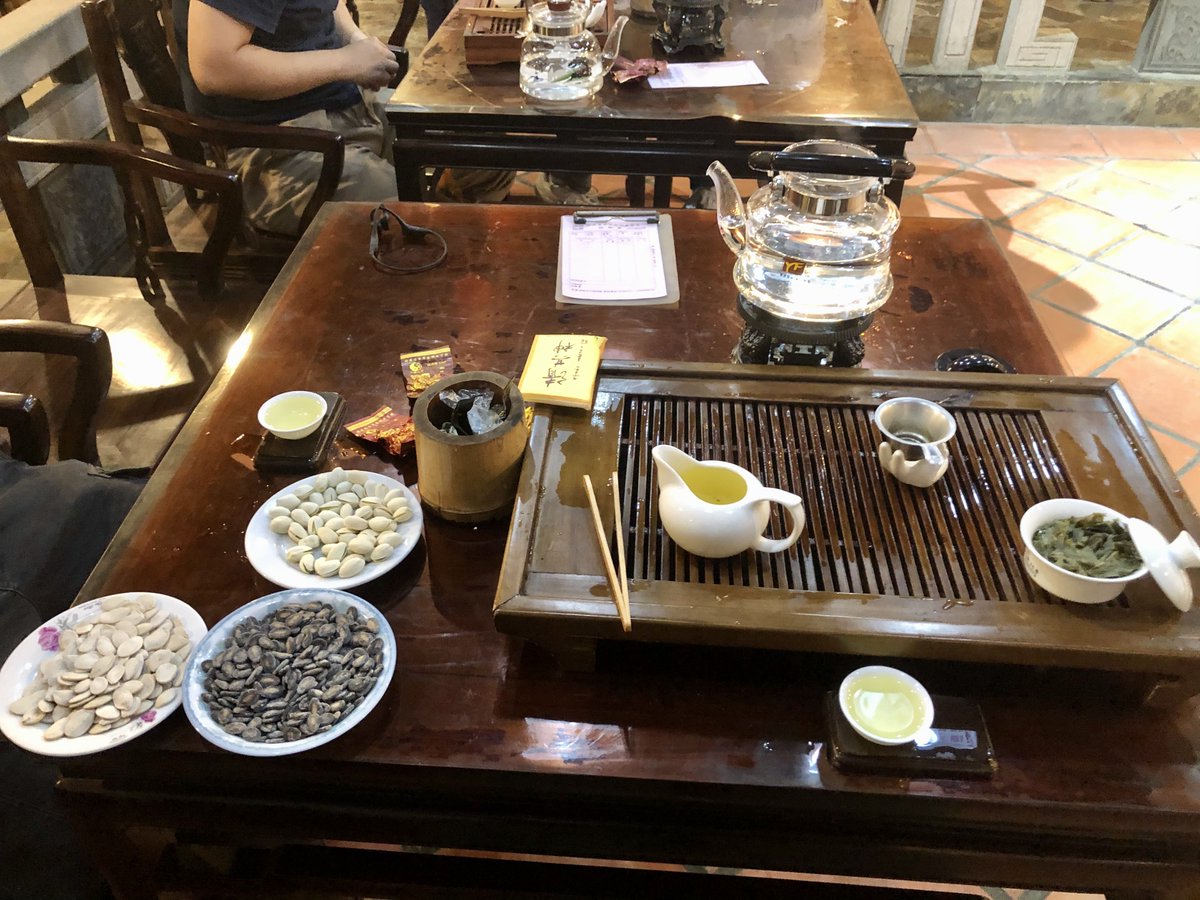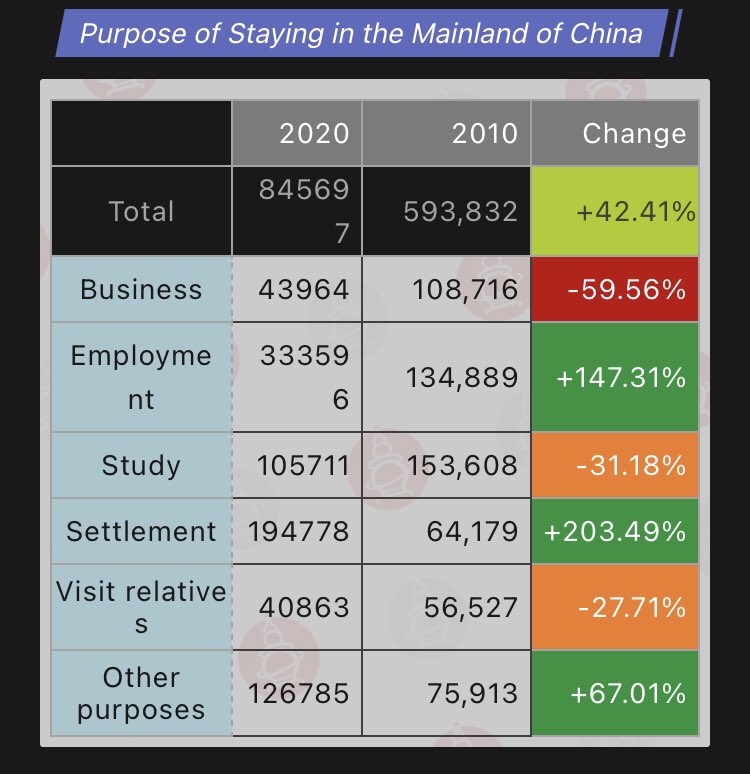Keeping with the spirit that South China = Best China, here are some photos of my 5/1 trip to Fujian with the best travel buddy @Peter_M_Drucker 



https://twitter.com/Jacob_T_Gunter/status/1395227445406486529




Gulangyu Island in Xiamen. One of the treaty ports, this island served as a consular point for foreign powers and a trade leaping-off point for the riches of Fujian. First football pitch in China, fisherman's alley, and some neat colonial-era buildings 





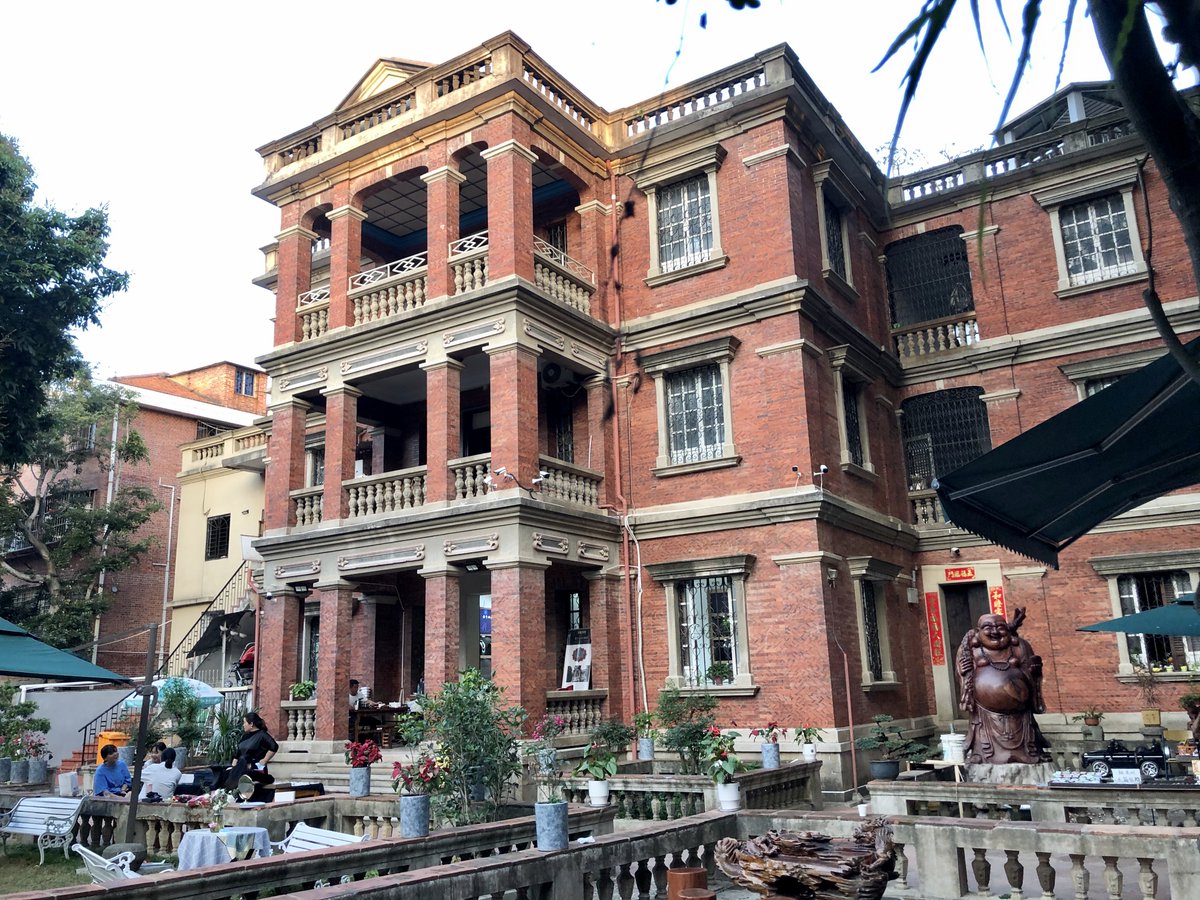

I went over the day before 5/1 and had a fun time counting the number of wedding photo shoots.
There may not be any COVID in China, but that doesn't mean there isn't a plague here???
There may not be any COVID in China, but that doesn't mean there isn't a plague here???
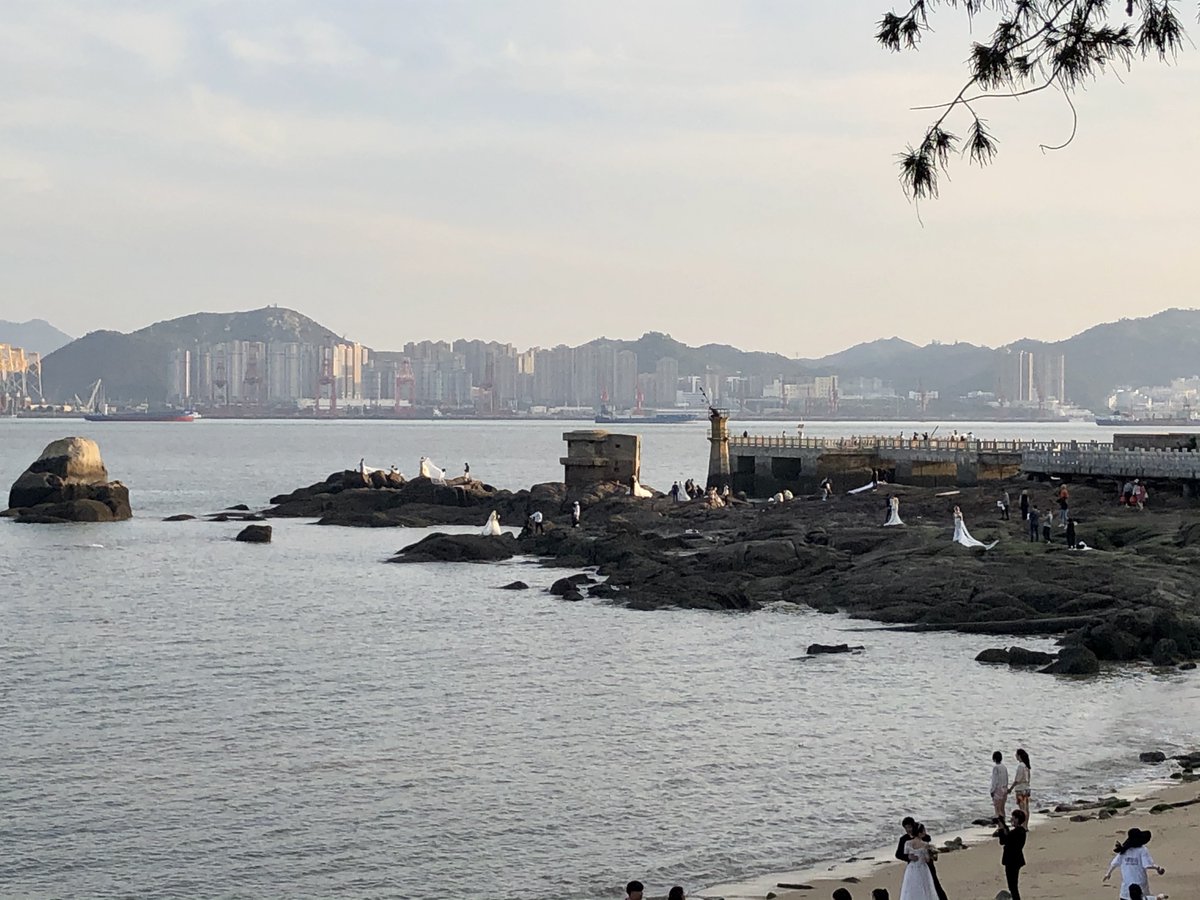
Hulishan fortress, which overlooks part of the bay. The massive Krupp coastal gun is spectacular, and took out several Imperial Japanese military vessels during the early days of the Second Sino-Japanese War/WWII. 



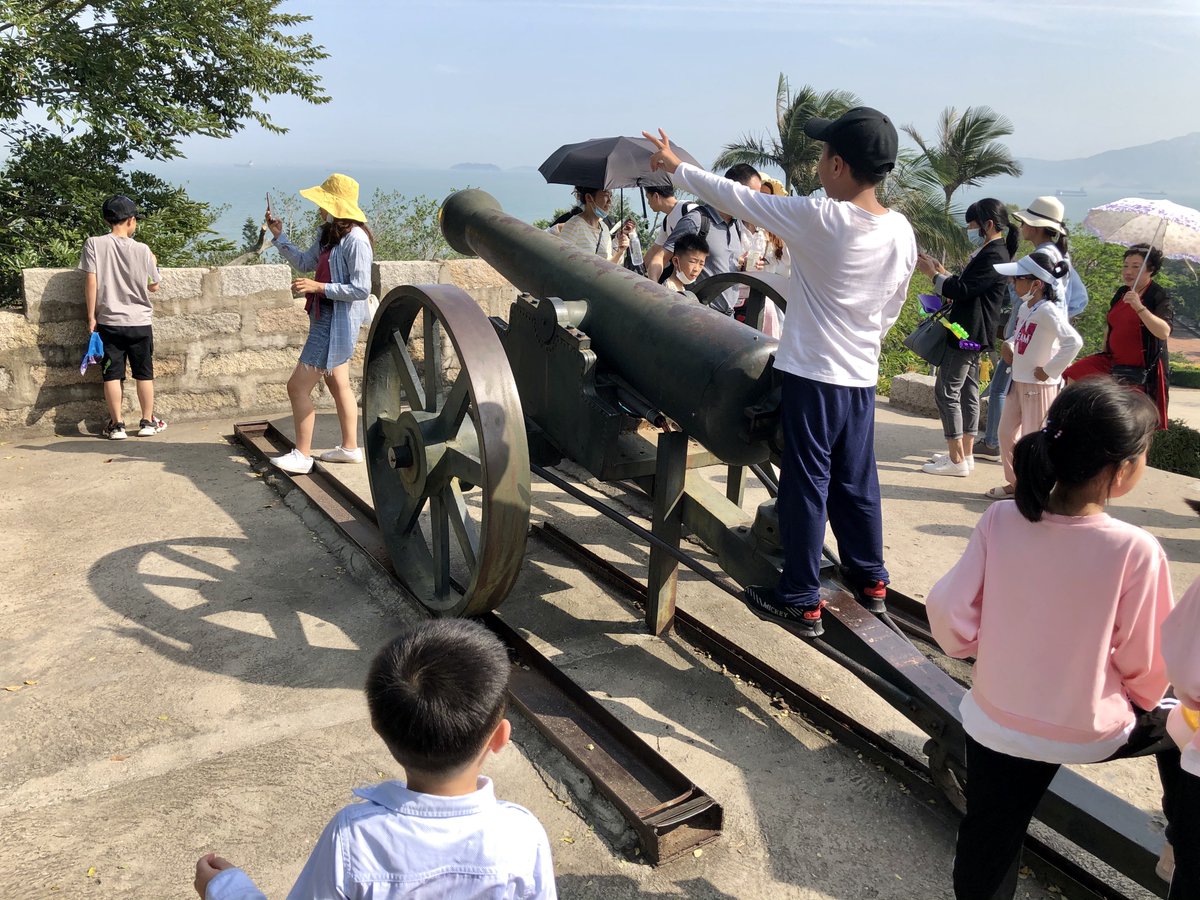



On to Quanzhou, one of histories great cosmopolitan centers and trade emporia... until the Ming stopped the whole trade thing @Imperial_Yongle . First, the maritime museum, which is basically a history of Muslim traders that played a key role in the city during the Song/Yuan. 






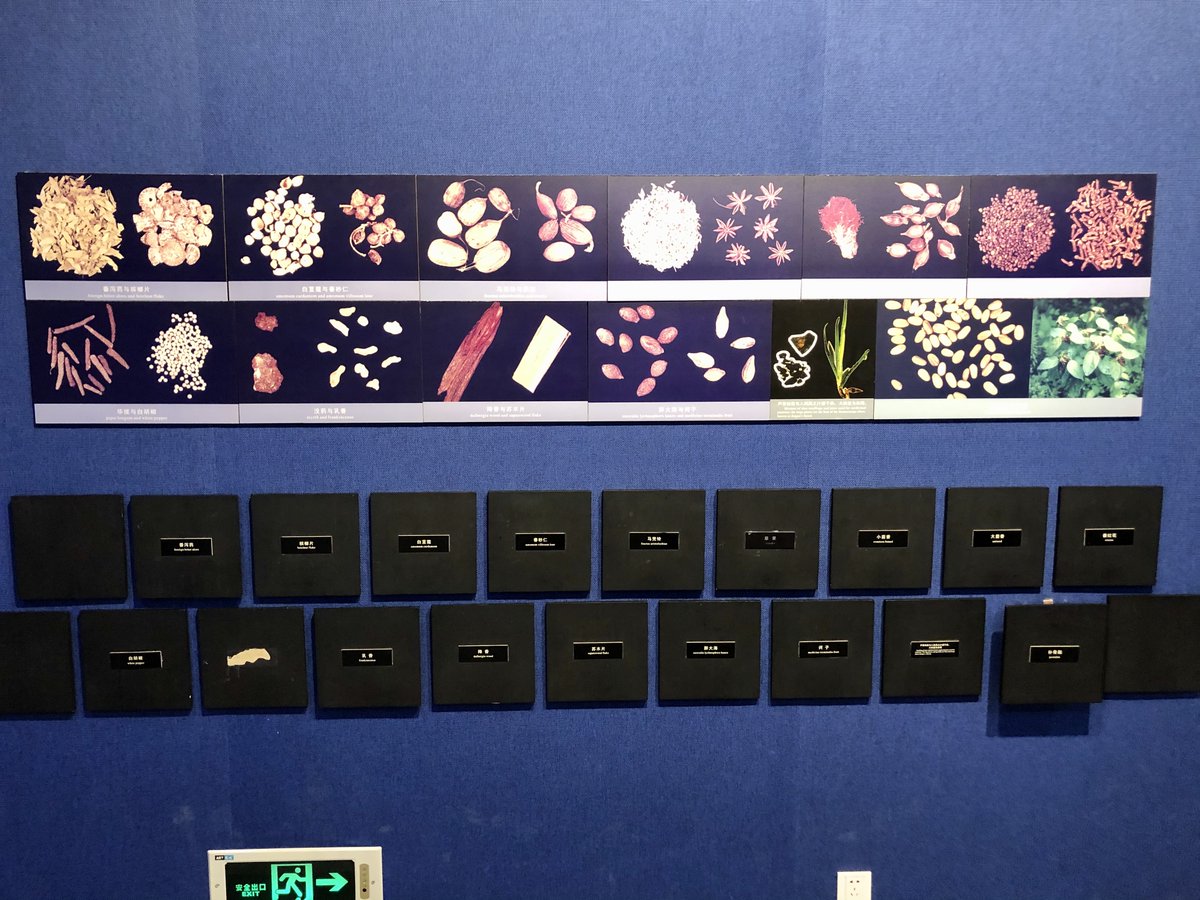
A Song Junk hull that was found intact in the bay in the 1970's. Hell of an exhibit.
Forget palaces and great temples/churches, folks. This is the history that gives insights to how normal people really lived their lives and what sort of items they had available to them.



Forget palaces and great temples/churches, folks. This is the history that gives insights to how normal people really lived their lives and what sort of items they had available to them.

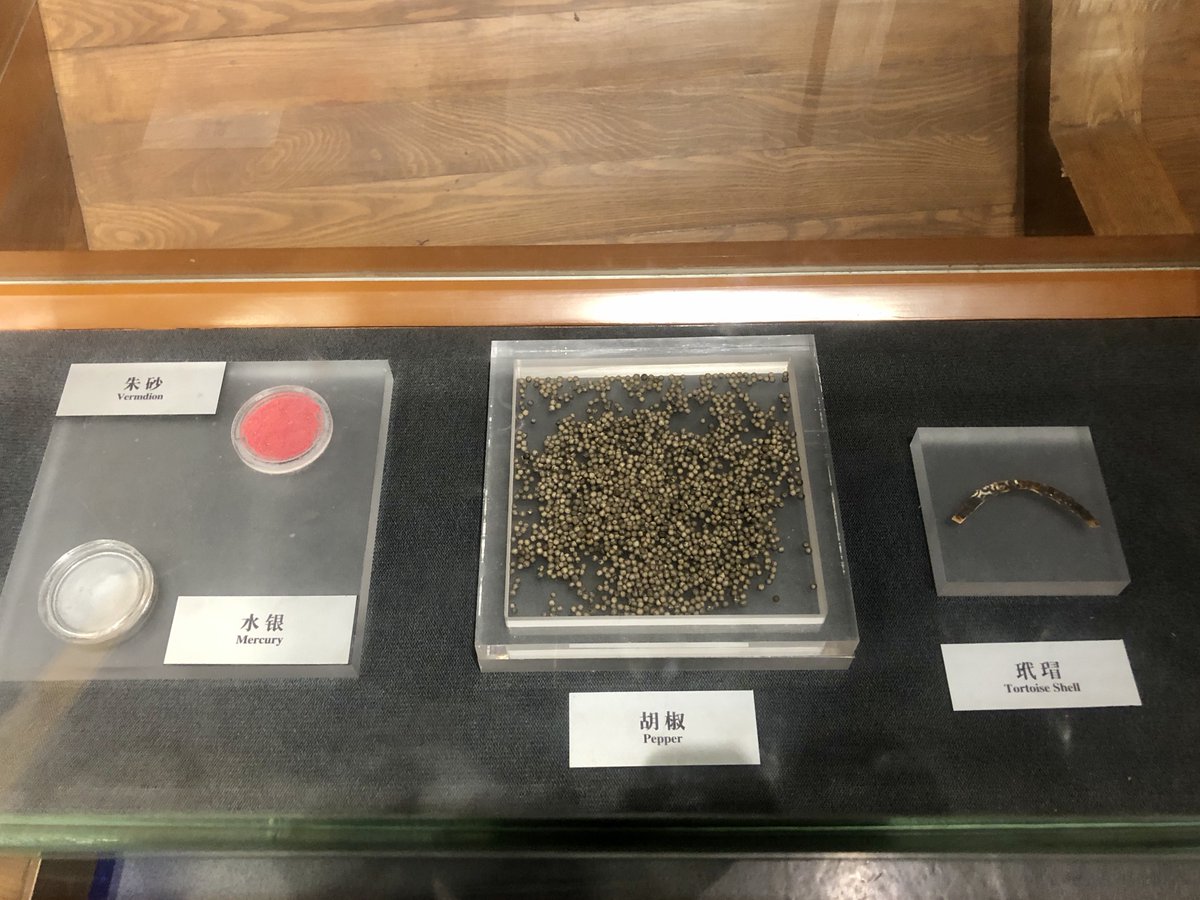


The old Qingjing Mosque in Quanzhou, built in 100, it is the oldest arab-style mosque in China and was a central part of the muslim community that made the city their home and tied it with western Asia 


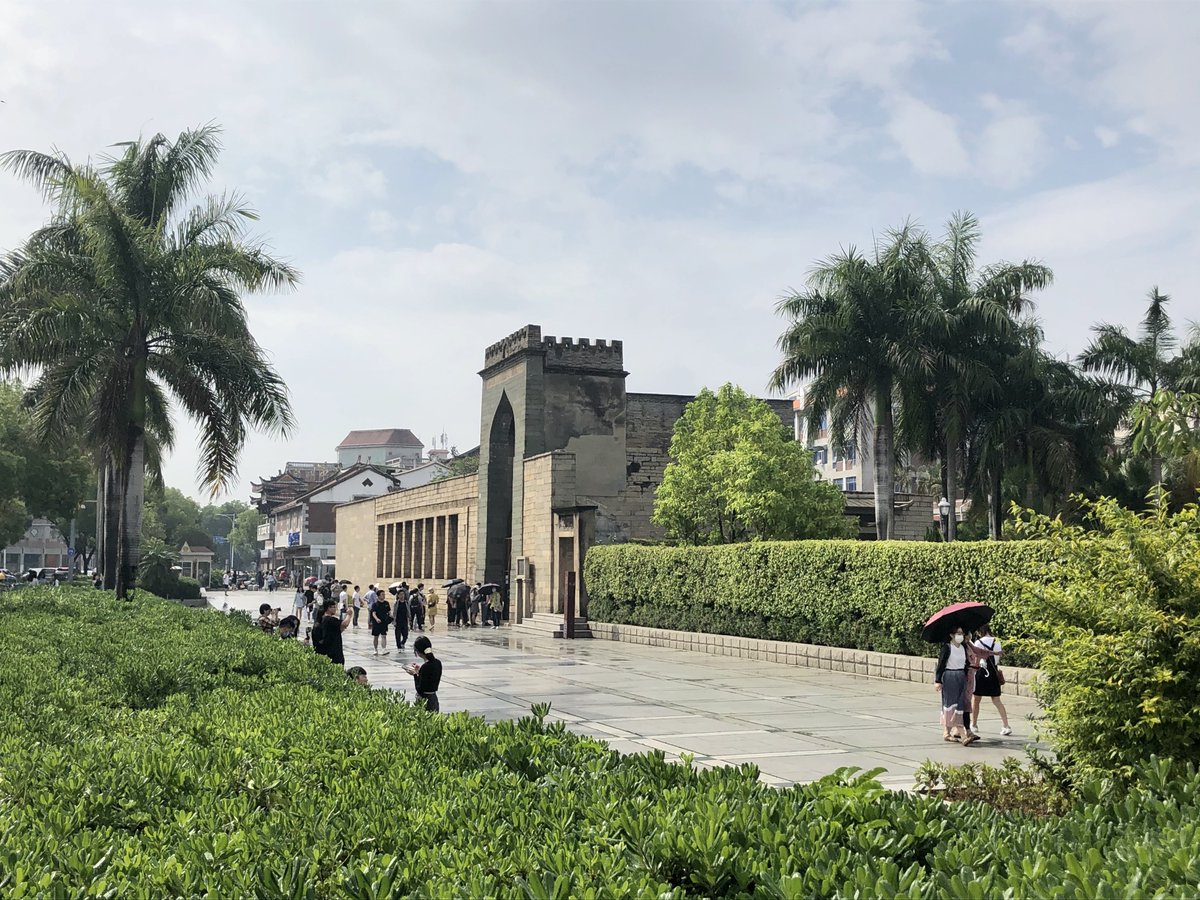


Lastly, some Tulou in 云水谣 that we pretty much had to ourselves, as we went on 5/5-6.
Lovely little breakfast with porridge and local pickles and steamed grains.



Lovely little breakfast with porridge and local pickles and steamed grains.
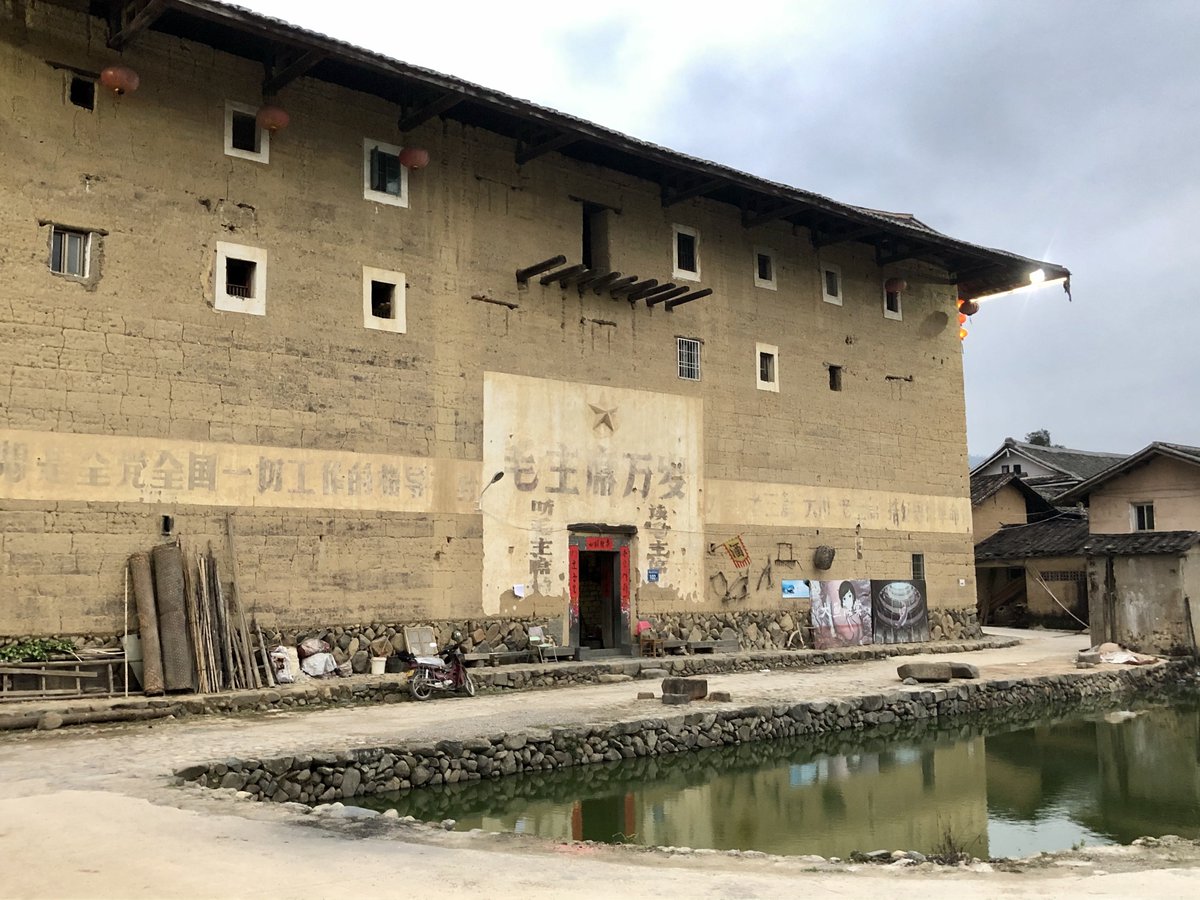


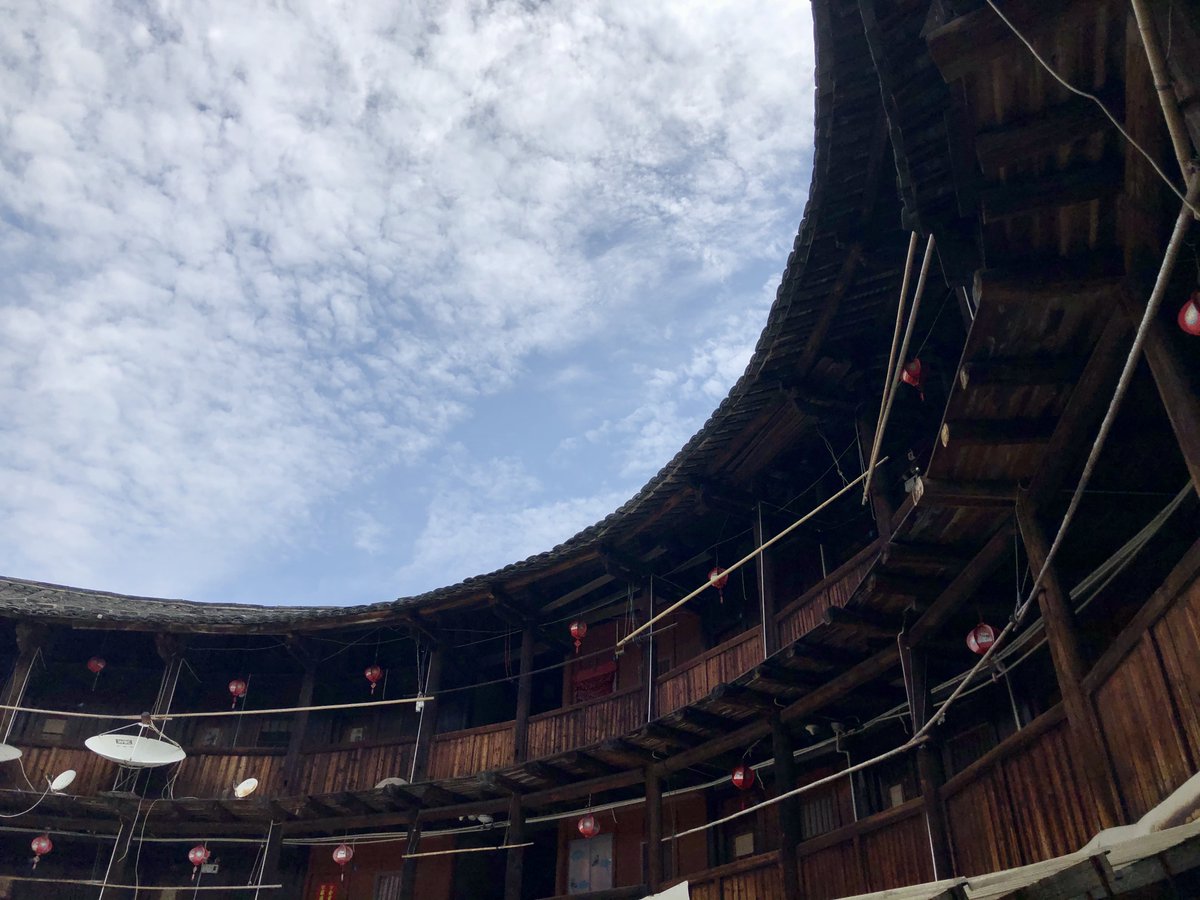
Lastly, I don't think these Tulous had a great relationship...
Fair enough, the one it's pointing at was blaring the worst kind of Mando-pop to draw people in.
Fair enough, the one it's pointing at was blaring the worst kind of Mando-pop to draw people in.
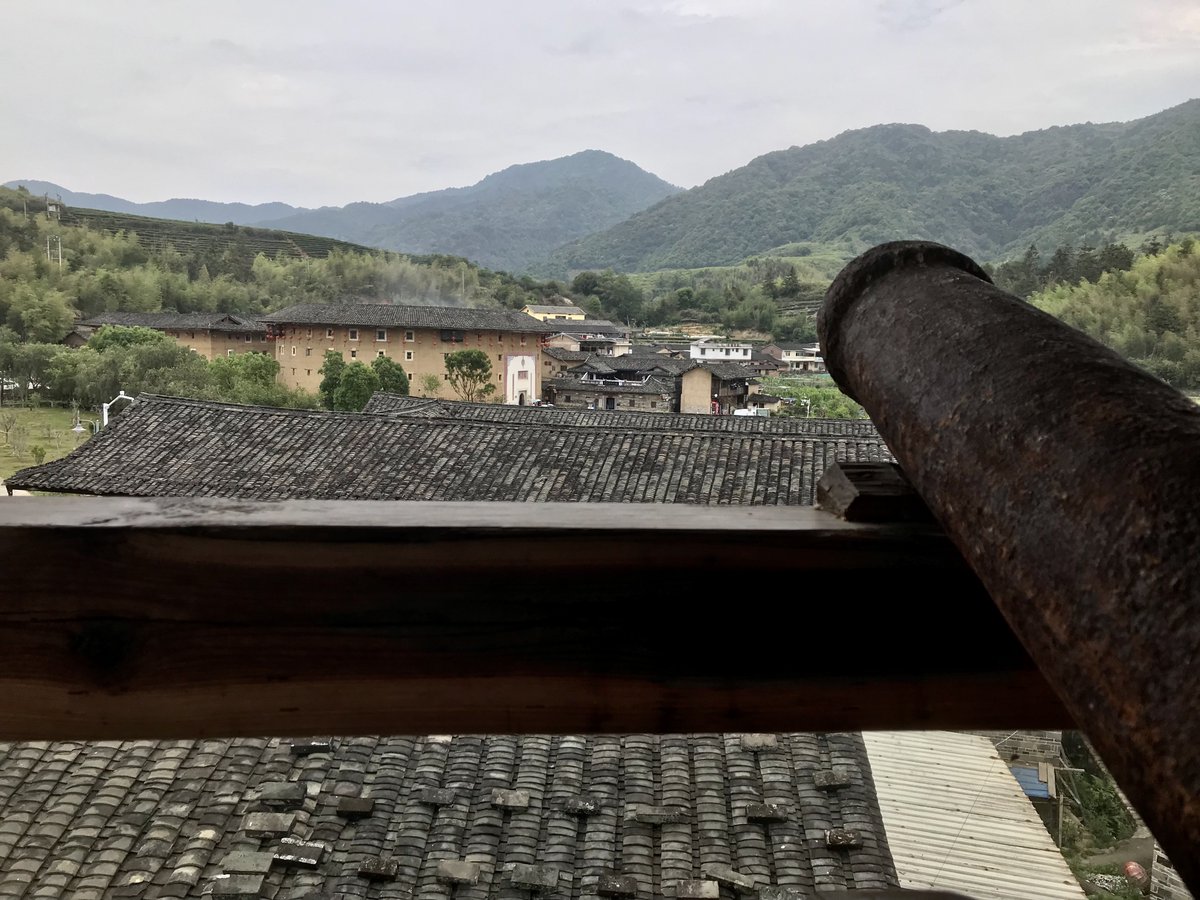
• • •
Missing some Tweet in this thread? You can try to
force a refresh

